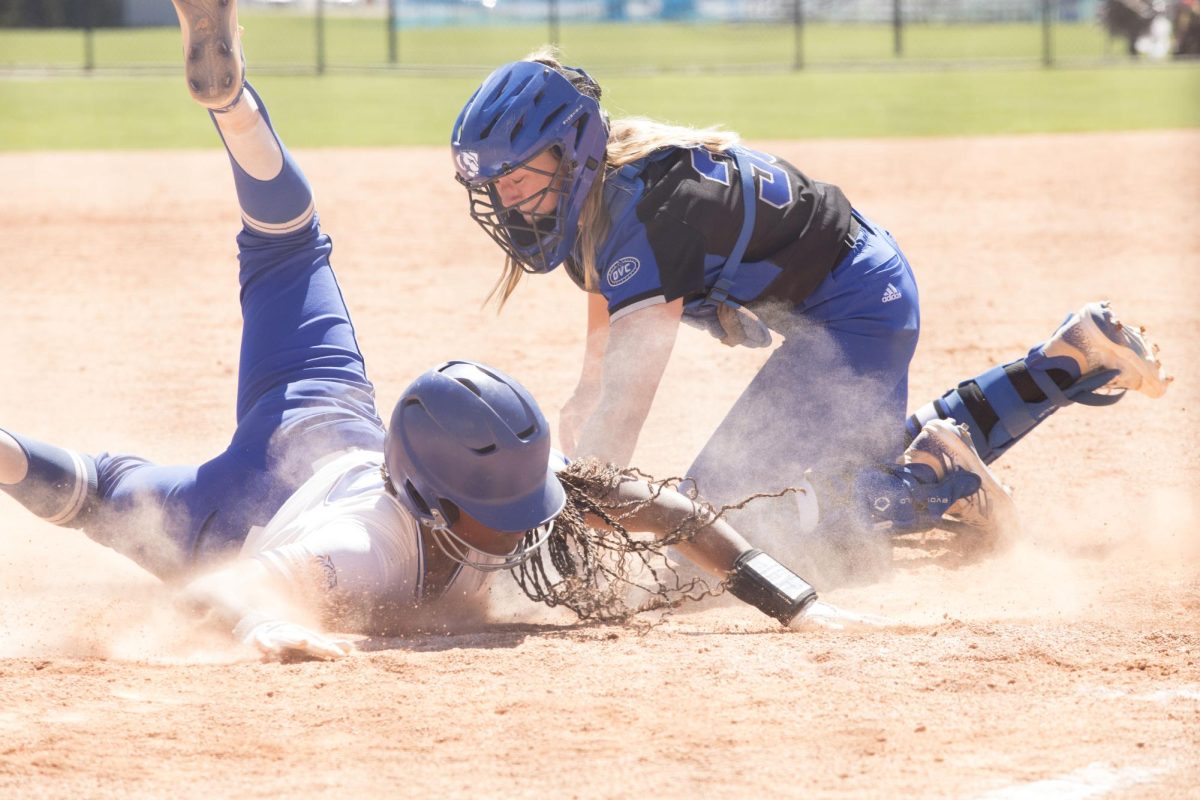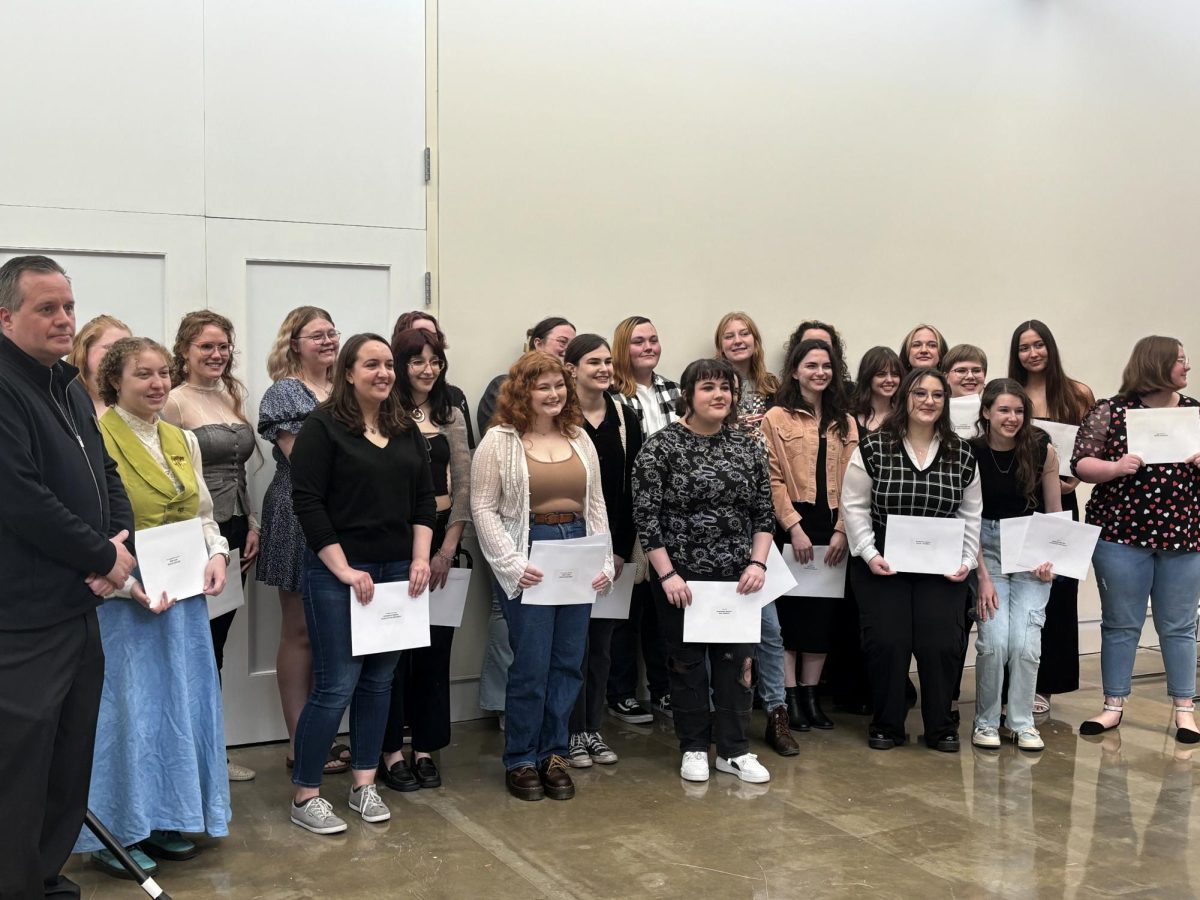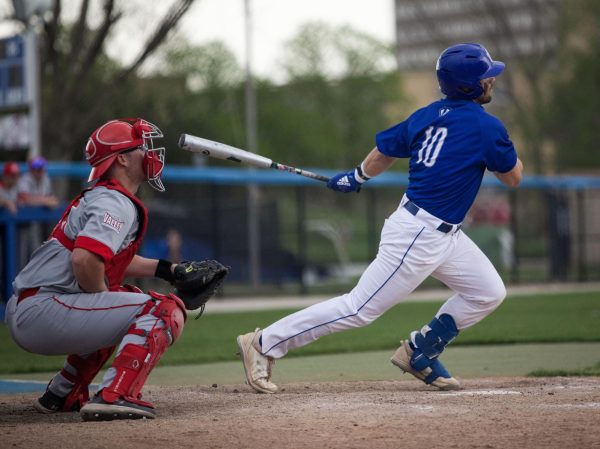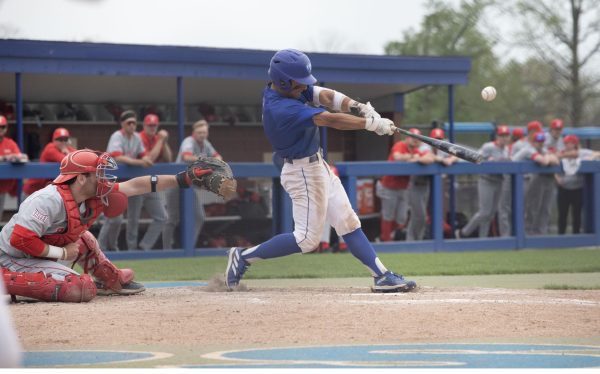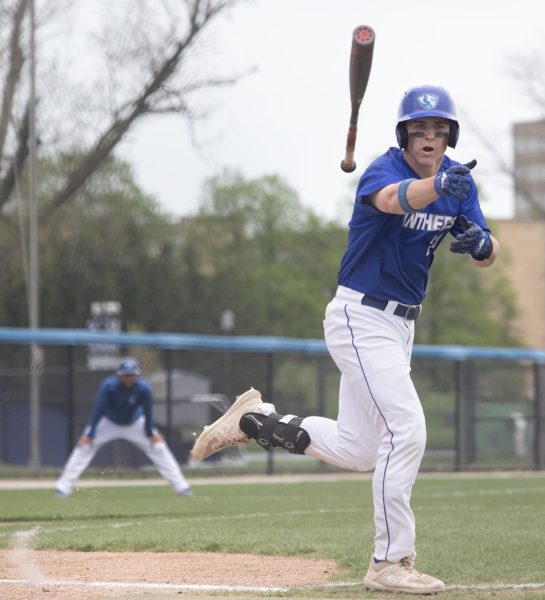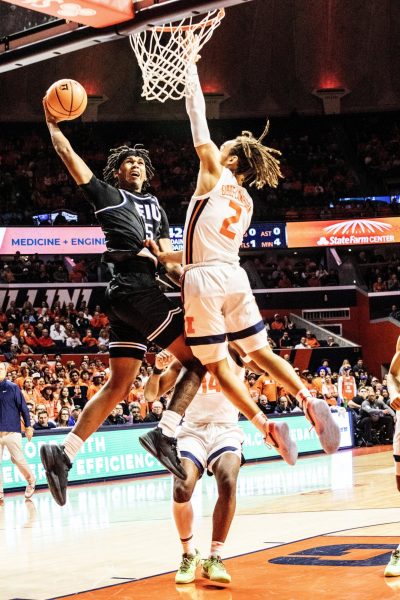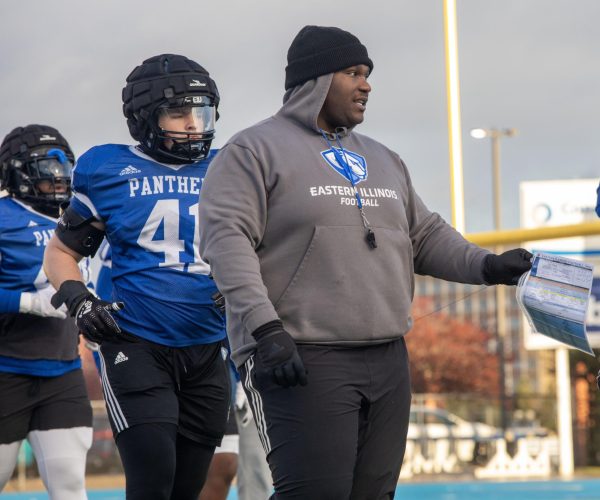Editorial: Don’t stop lobbying, tips for the Student Action Team
Our View
Situation:
The Student Action Team is a group that lobby state legislators and made its first trip to Springfield on Wednesday.
Stance:
This group of students must build long-term goals based on their work that began Wednesday, and we’ve provided some tips.
Student Government‘s Student Action Team went to Springfield on Wednesday to lobby state officials for funding, and met with two senators and three state representatives. While these student representatives are still energized from the trip, we’d like to provide some suggestions for those students to build on leading up to the April student lobby day.
We are all students of this university that has just been ordered to cut 8 percent of its budget, and we would all benefit from effective lobbying.
Don’t go to lobby day: When the Student Action Team went to lobby day last year, it was overwhelmed and consumed by crowds of lobbyists from other schools and Chicago activist groups. The Student Action Team should plan to go a few days before or after lobby day when it can be the only group walking the halls of the capital building. This will allow the Eastern representatives to get more opportunities to speak with senators or representatives, and possibly for longer periods of time since there wouldn’t be competing lobbyists waiting.
Make appointments: Members of the Student Action Team should start setting appointments with desired senators’ or representatives’ offices immediately. Meeting with those officials in person a few times prior to the April crunch time would be crucial because being recognizable increases the likelihood that the Eastern message would be remembered. Also, by making appointments for April meetings now, Eastern’s student representatives would beat other lobbyists to the punch and ensure a face-to-face meeting. Pulling senators or representatives off the floor rushes the process, whereas meeting in an office and presenting folders of information would be more effective.
Do your research: Before meeting with legislators, do some digging on them. Find out which way they voted on issues relating to Eastern or communities that Eastern students are from. Before presenting what Eastern needs, demonstrate an ability to hold the legislators accountable for their public service – whether it be positive or negative. Lobbyists could even go so far as to research what rival or allied legislators have done and possibly bring that information up during discussions. The bigger impact made upon an official, the less likely they will forget what was said and expected from them. Being on the ball with current events and being well informed about the individual legislators makes for better influence. Compiling some of this information will take months and should be started immediately. Creating a filing system in the Student Activities Center would be wise. Therefore, information pertaining to individual legislators can be correlated with other documents and made easily accessible to Student Action Team members.
Become friends with secretaries and interns: When making appointments or gathering information, the administration coordinators and the elected officials themselves may not be readily available at any given point. Yes, talking to a senators’ specific delegate would be better, but secretaries and interns have access to computer documents and filing cabinets as well, and could easily forward the information to Eastern. Besides, no office in the world could function without secretaries and interns doing the grunt work and keeping tabs on schedules. By being friendly and making regular calls to these office workers, they may become more willing to do other favors such as readjust schedules or hand write reminders for the intended persons. But always send thank you cards or be willing to help them find information. Talking about more than just business provides for another way to become held in high regards. If a secretary is helping his or her son get into a college, than forwarding them links to admissions Web sites, scholarships Web sites or e-mails of influential professors. These diligent office workers are people too, and no good deed goes unrewarded.
Eastern graduates: Being able to tell legislators why Eastern is important will make for stronger argument. The Student Action Team should start an elaborate research project on determining were Eastern graduates work now.
“I think it’s going to take people outside higher education, like the business community to say ‘Hey, we can’t continue to ignore higher education because that has an impact on our economic vitality,'” said former Gov. Jim Edgar to The Daily Eastern News on July 3. “Even if higher education all stood up and roared and said, ‘Governor, you’re mistreating us,’ I don’t know if they could change the process.”
According to information compiled by Eastern’s Planning and Institution Studies department, the most commonly earned degree at Eastern from July 1, 2007 through June 30, 2008, was a bachelors degree in the science of education for teaching elementary education with 292 graduates. If members of the Student Action Team can locate what areas of Illinois in which most Eastern graduates teach at, arguments can be made for further funding to support Eastern’s education program. The members can even attempt to contact Illinois teachers unions to gain support and bring up those references when speaking to legislators.
So, we hope these tips are taken seriously and that the Student Action Team builds off Wednesday’s work by continuously lobbying for Eastern and not just waiting until April.











